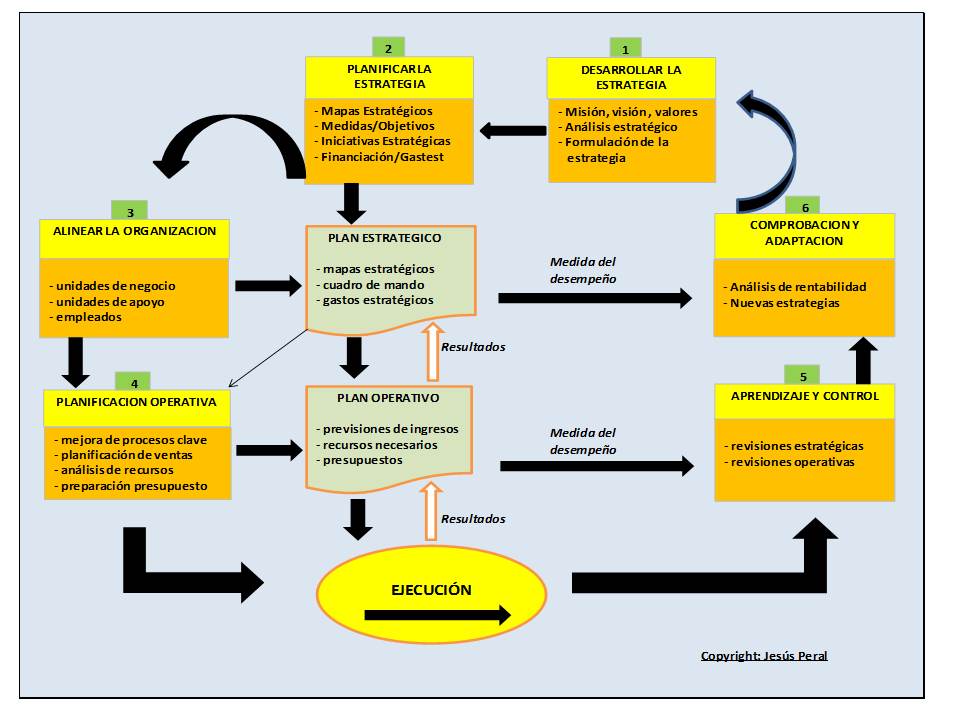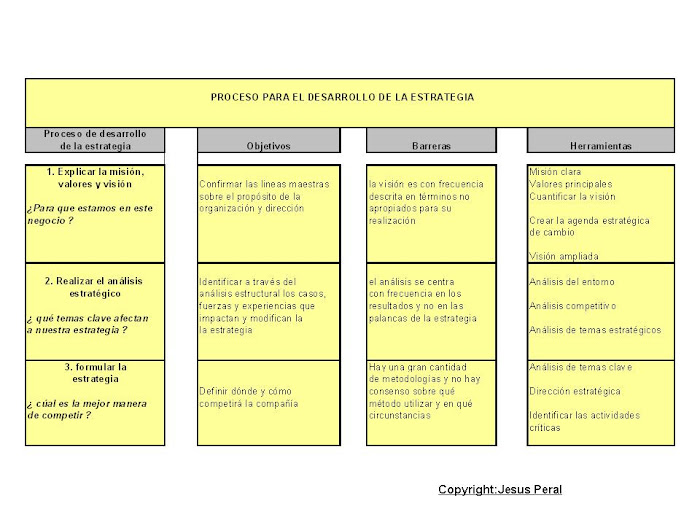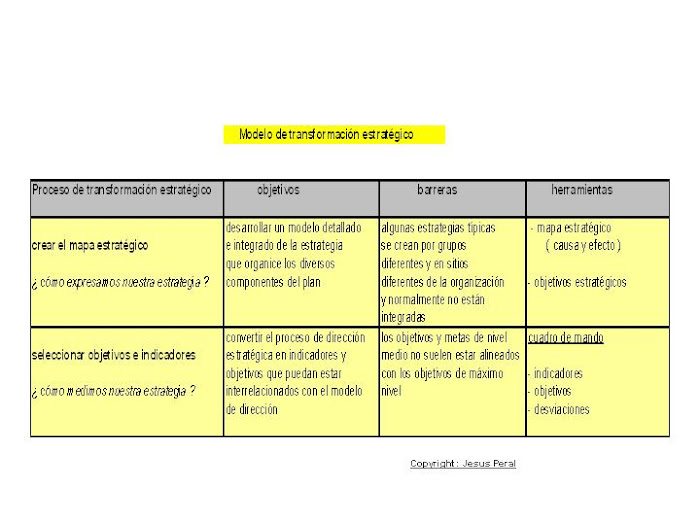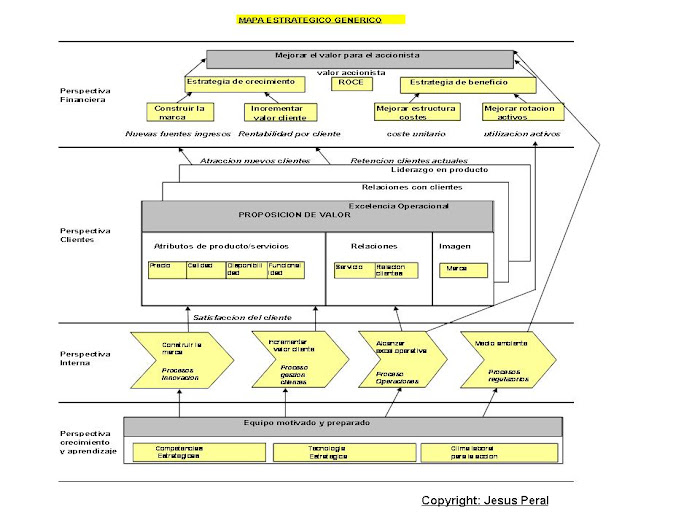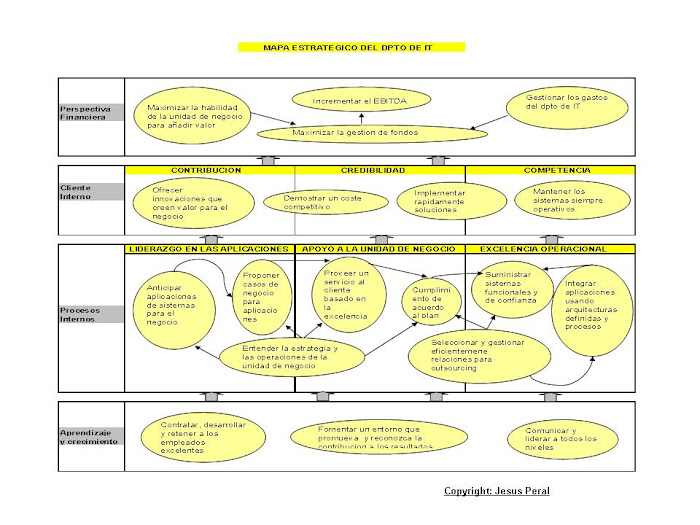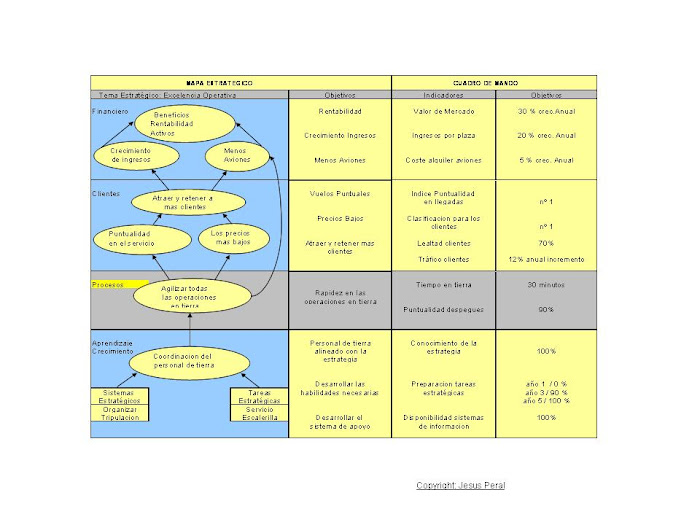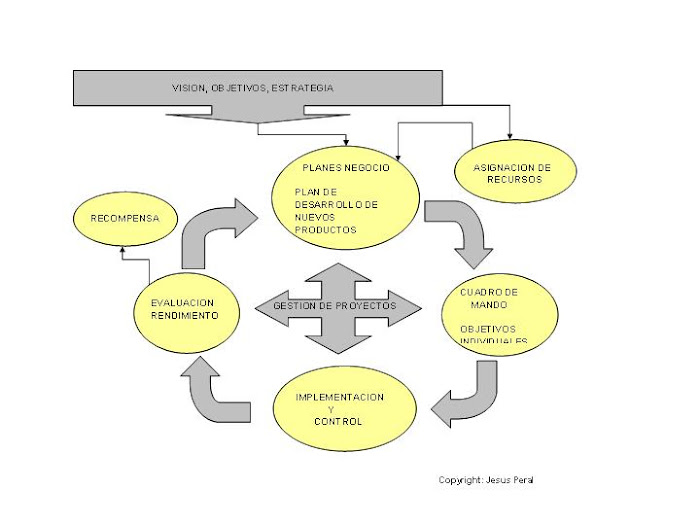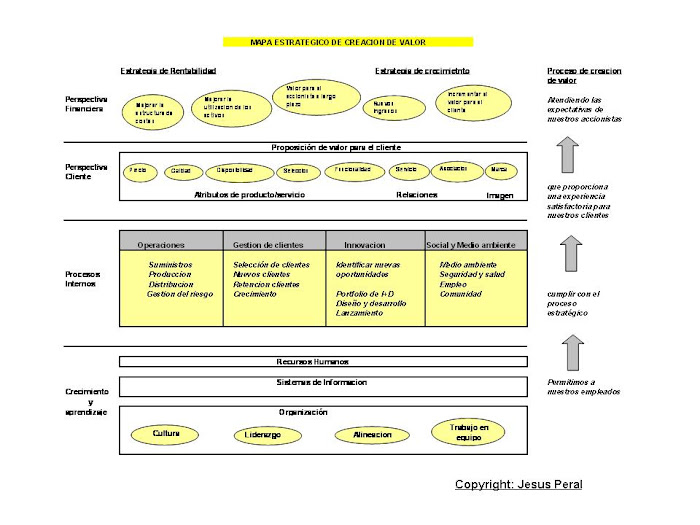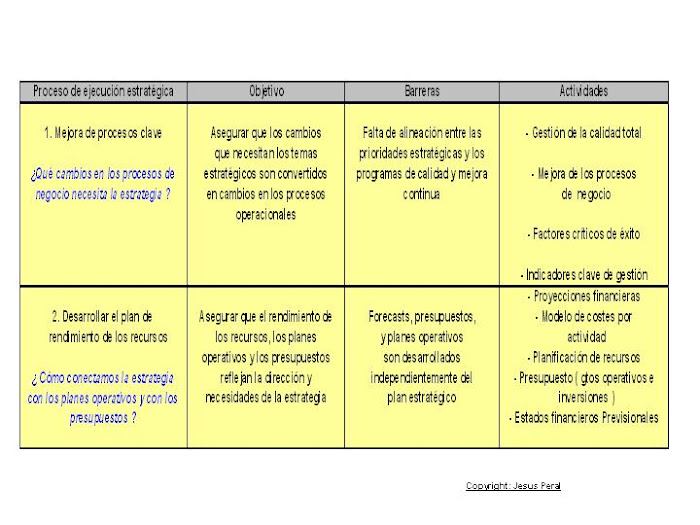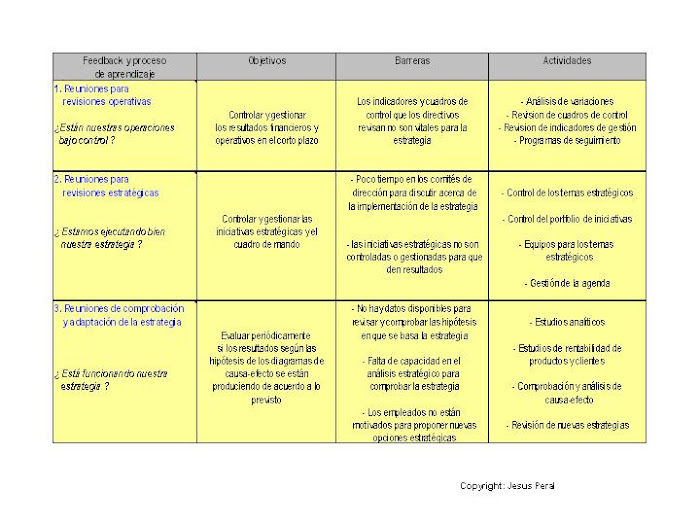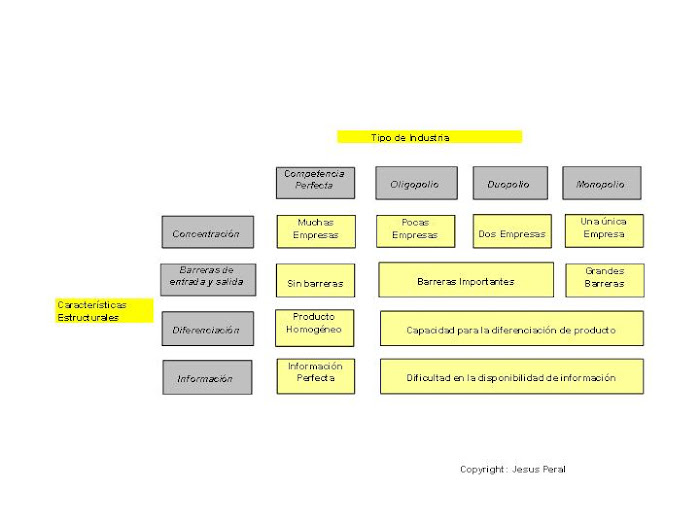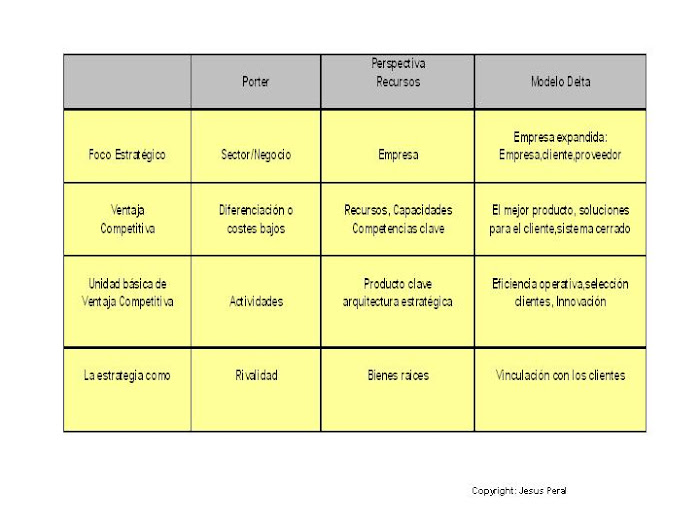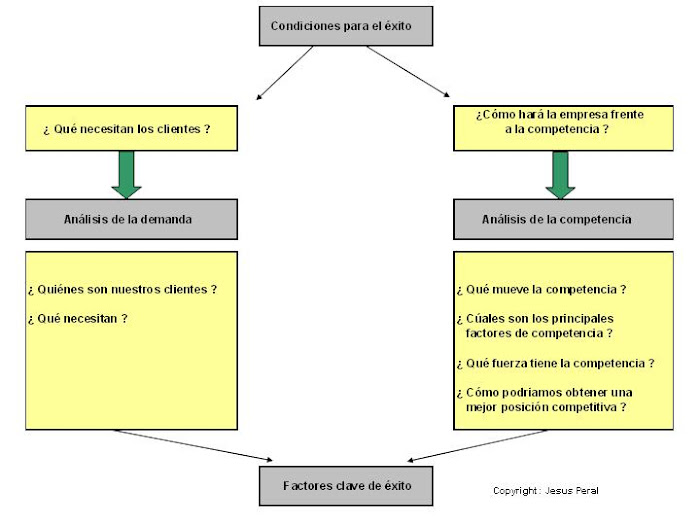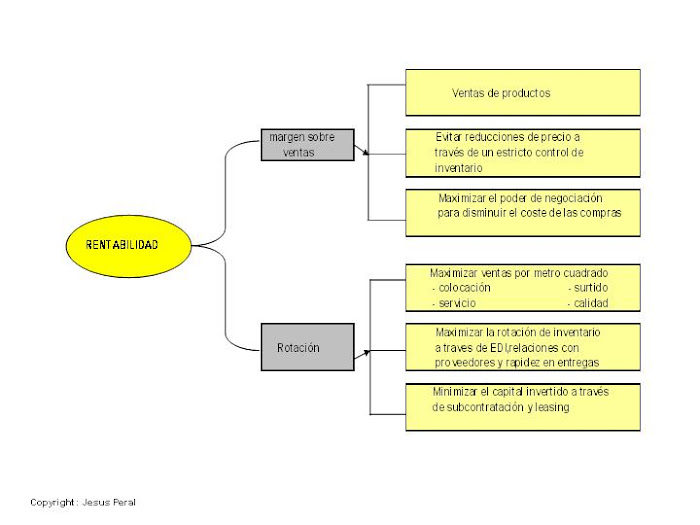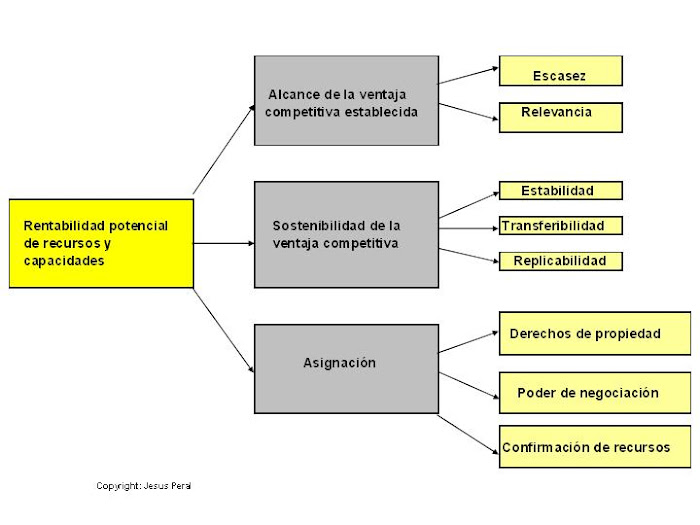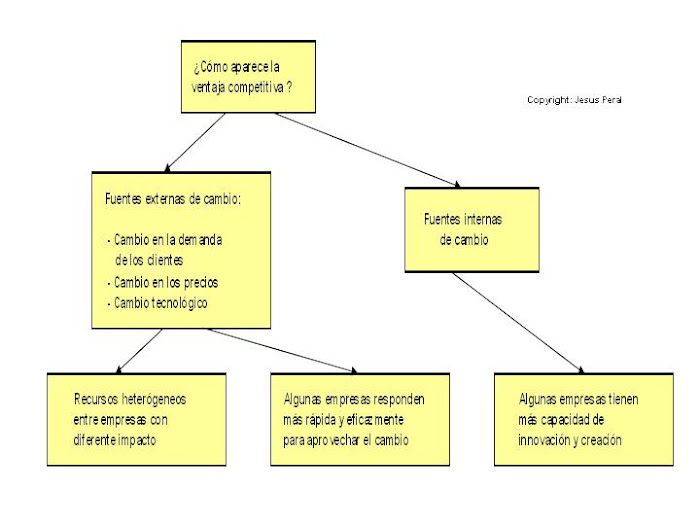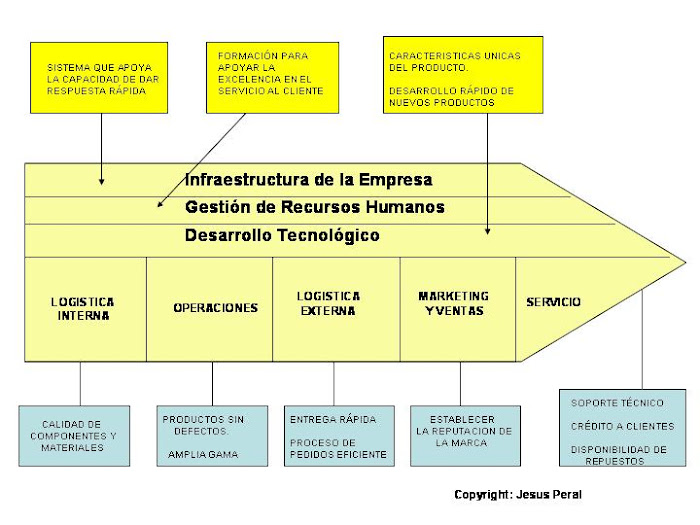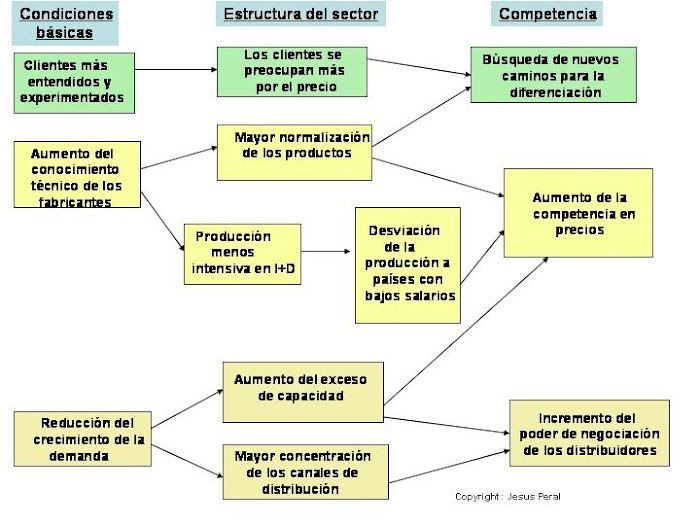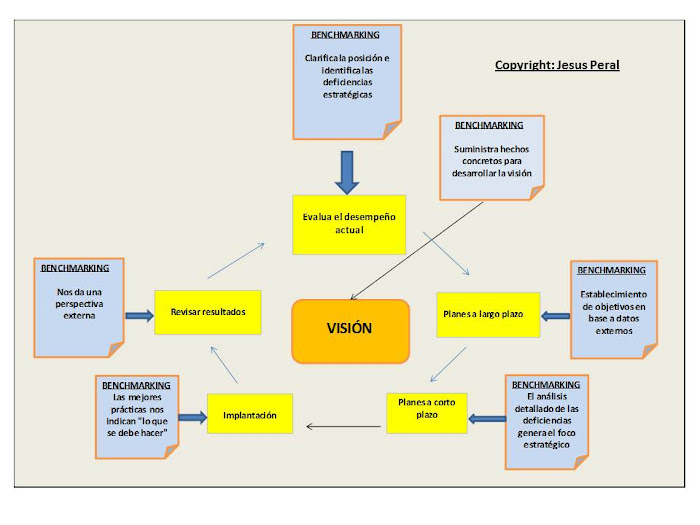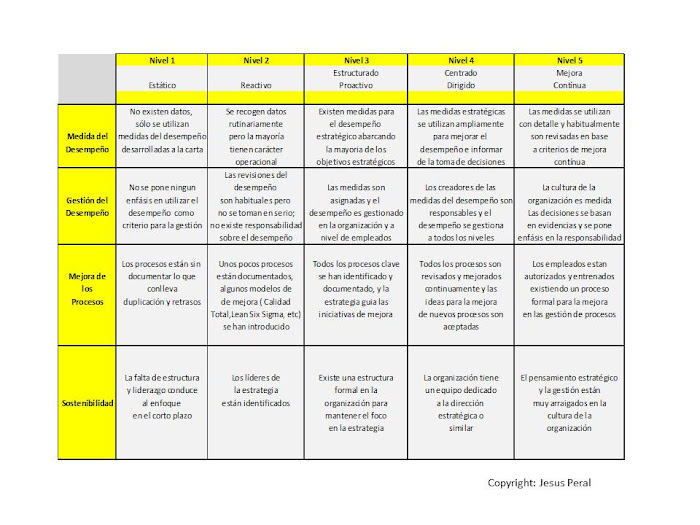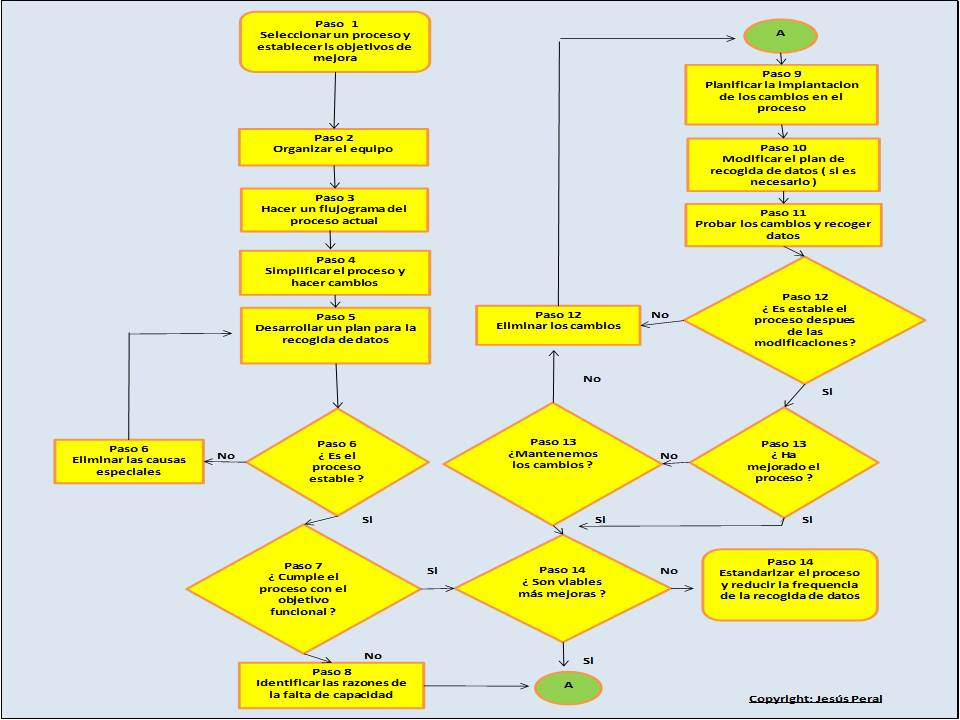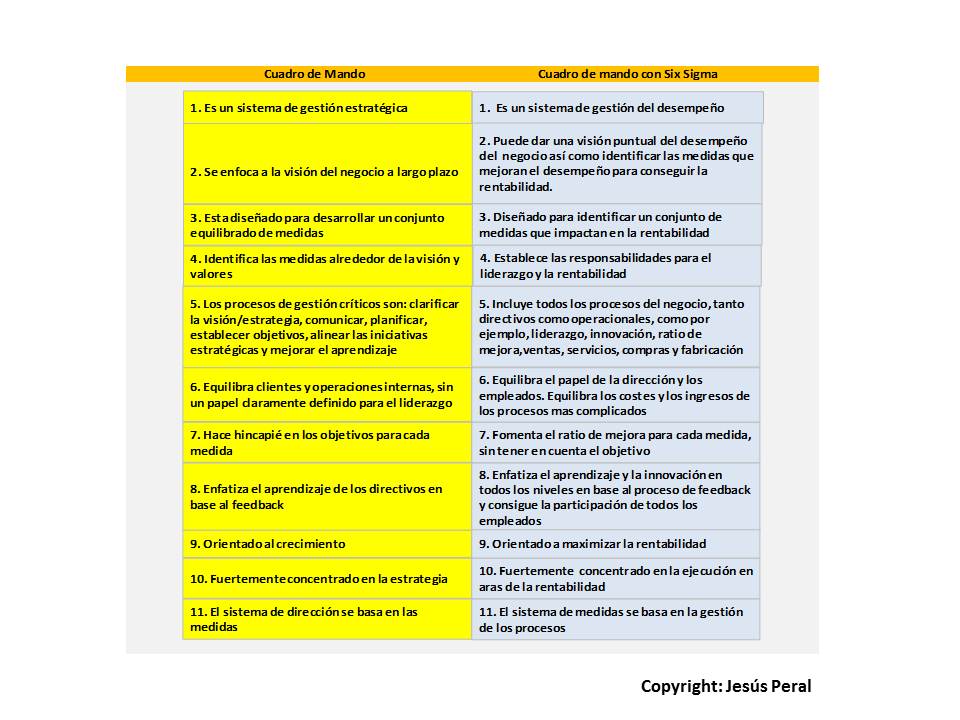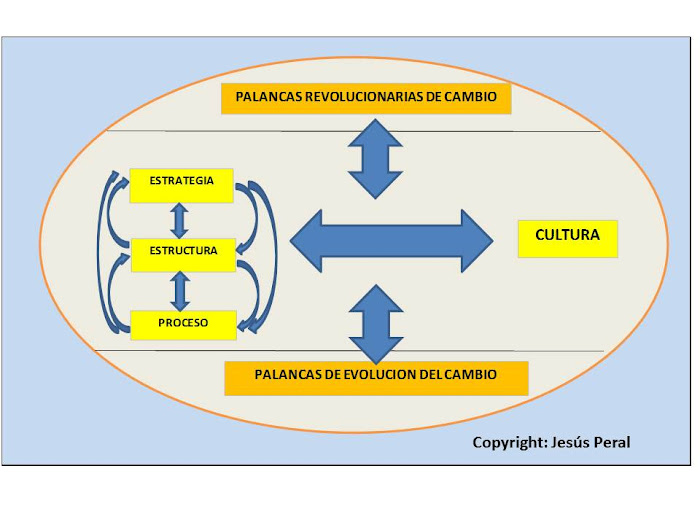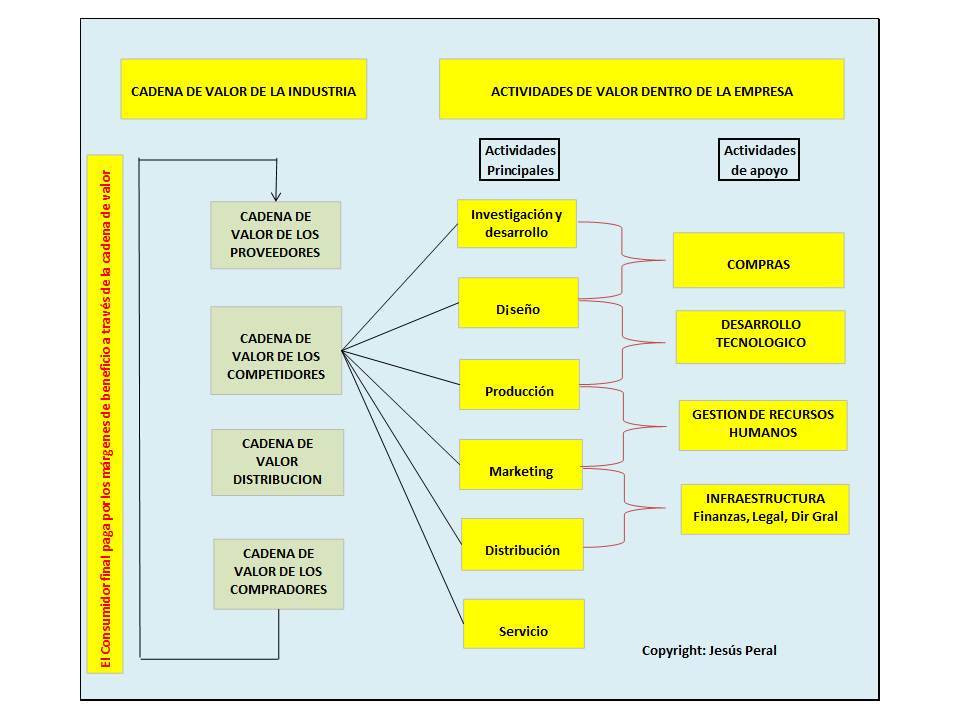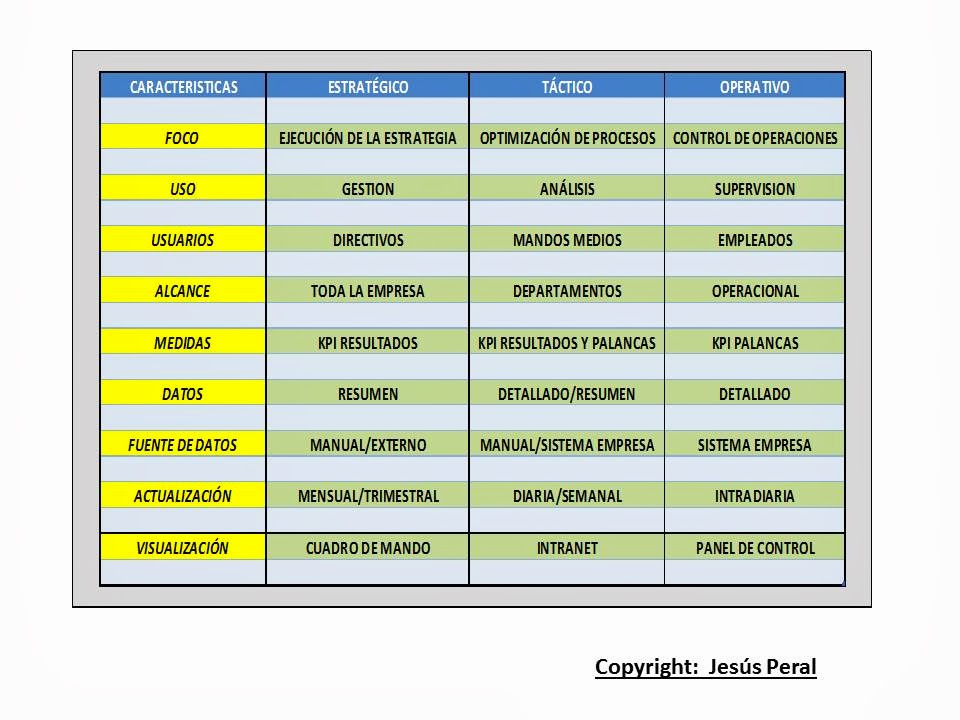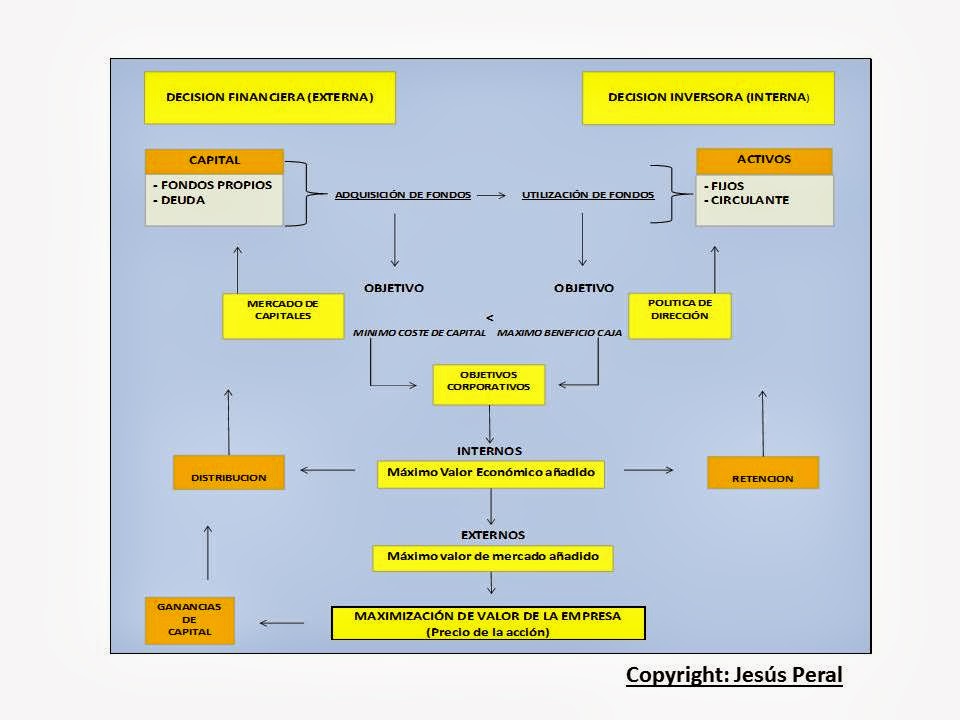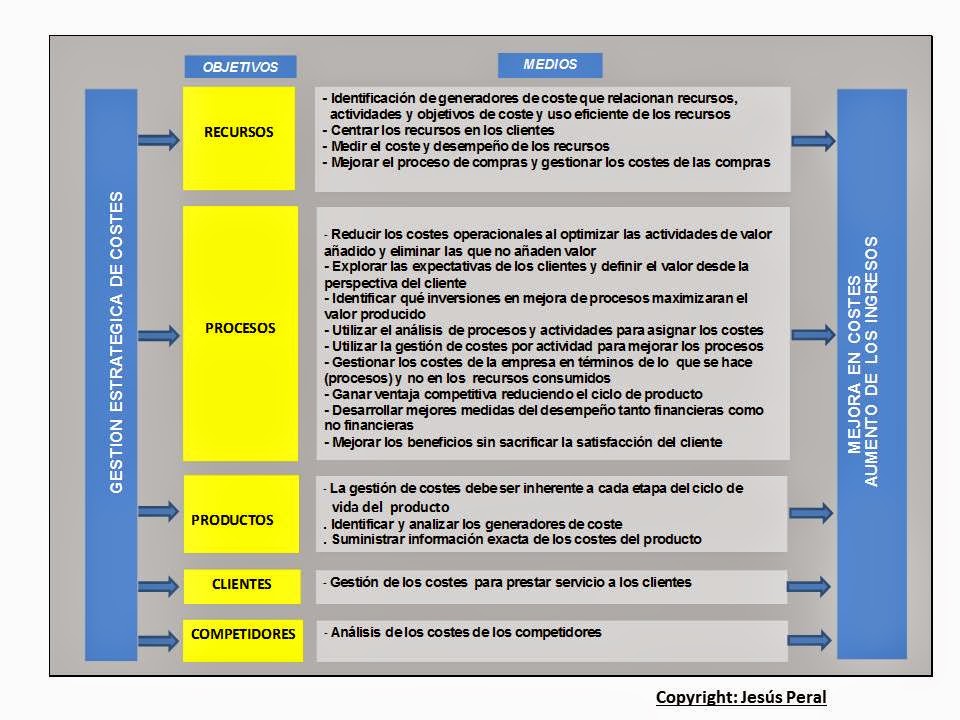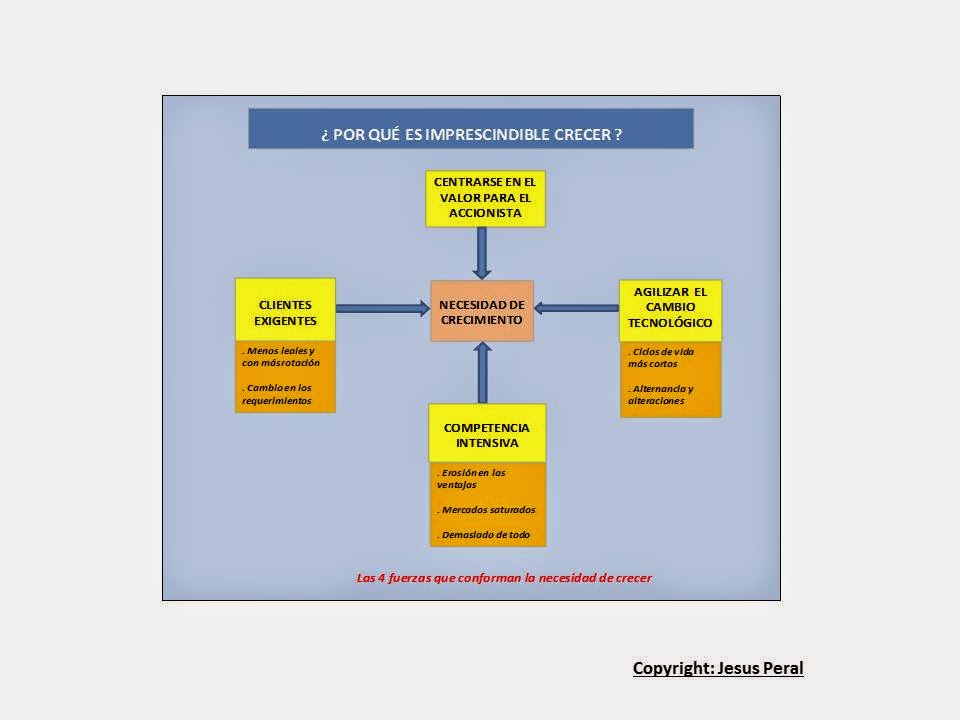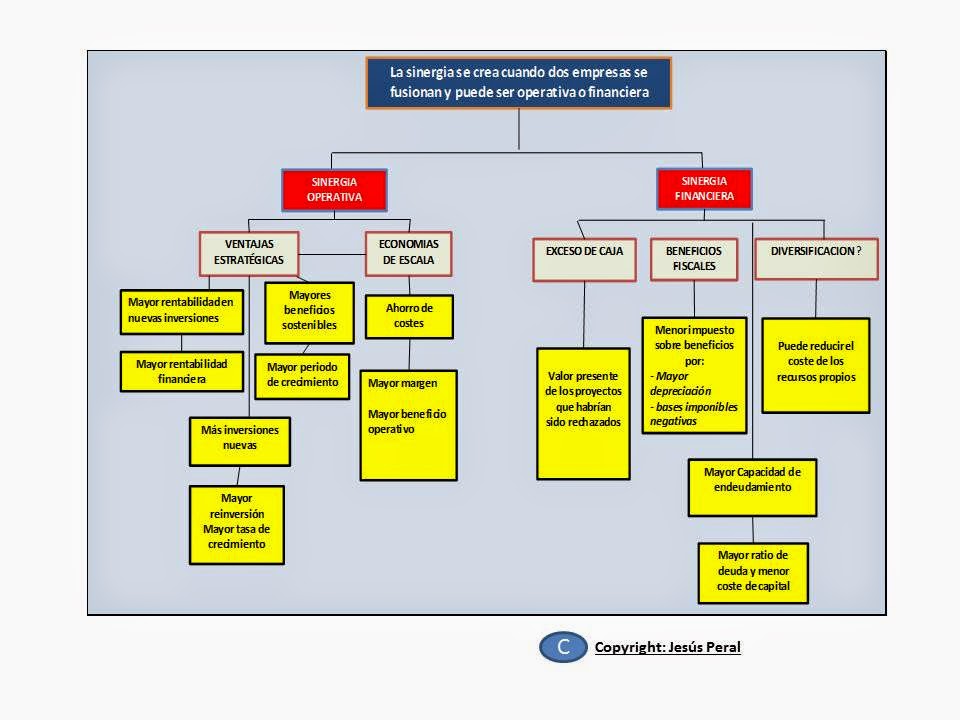It is likely that a lot of professionals in the
different areas of the finance function have experienced the stress when things
go wrong. Things go wrong because people do less than they are capable of,
misuse their resources or choose an inappropriate time or place in which to do
it and normally the situation is misjudged and the wrong action taken.
In this post I would like, again, to share some
experiences and suggestions to cope with the situations some people might face
in their daily professional activities and even in their personal lives.
First of all, let me remember the well-known
and so called Peter´s principle. Dr. Peter suggested that in a hierarchy,
individuals tend to rise to the level of their own incompetence. In his
experience system encourages this to happen because people are told that if
they are doing their current job efficiently and with ease, the job has no
challenge and therefore they should be promoted. It is also true, in my view,
that this principle has only been accepted as common manner of speaking as it
reflects a fundamental problem when assessing potential. We know or we think we
know that someone is good at his present job. But does this predicate success
in the next move up? Perhaps yes, perhaps no. However we cannot be sure because
the skills needed by, for example, a scientist are quite different from those
required by a leader of the research team.
In other words, technical competence
does not necessarily indicate managerial competence.
First thought, can we beat the Peter´s
principle for us? The answer, in my opinion, is yes. But with difficulty, of
course. Why? Because people don’t usually refuse promotion!! If they do, they
become suspect. When you read this post probably you will remember your own
experience, your friend or your colleagues, being in the same situation. Am I
right? However it is perfectly reasonable to check on what is involved if you
are promoted. You should get precise answers to questions on what you will be
expected to achieve and more importantly the resources you will be given to
achieve it and the problem you will face. If you think these demands are
unreasonable discuss the job to see if they can be modified.
In my view, don’t take a job unless you are
satisfied that you can do it or at least that you can learn how to do it within
an acceptable period of time. And don’t forget to find out if your predecessor
failed and if so, you can ask what went wrong so that you can avoid making the
same mistakes.
Second thought, can we beat the Peter´s
principle for others? Well, if you are
in a position of offering a promotion or a new job, you have to take into
account the Peter´s principle and how to avoid it. You need to match the capacities of the
candidate to the demands of the job. So you need to analysis the skills
required. For example, managerial, analytical, technical, communications etc.
And then, measure the candidate against each of these criteria. This matching
process should identify any potential weaknesses.
A lot of readers will know very well the
typical sources of incompetence and it is likely they have seen some typical
situations as follows:
·
Conservatism, for example, the typical “that’s the way it always worked. We have
been market leaders for the last 10 years, why change? Familiar with this?
·
Rejecting information, what did you say about our losing market share? I don´t believe. The
market research surveys are always inaccurate.
·
Indecisiveness, we
need to think a bit more about this. We need more information. Let´s call a
meeting next week to look at the pros and cons. Familiar right?
·
Obstinate persistence, don’t confuse me with the facts. That’s the way is going to be.
·
Scapegoating, it´s
not us, it´s the rate of exchange. The government policies are killing us.
·
Suppression of news, don’t tell them about how well we are doing. They only ask for more
money.
·
A belief in “mystical” forces, I just feel in my
bones we must do this thing. From a CEO I worked with many years ago.
Hence see below my summary about why things go
wrong (normally):
·
Inability
to learn from mistakes
·
Pure incompetence
through over promotion
·
Poor
selection, inadequate training
·
Over
confidence
·
Under
confidence
·
Laziness
·
Lack
of foresight
Every reader will have their own experiences,
anecdotes and clear view about why things go wrong for them or for the
companies they work but I am almost sure that some will coincide with the above
mentioned. If not, let me know.

